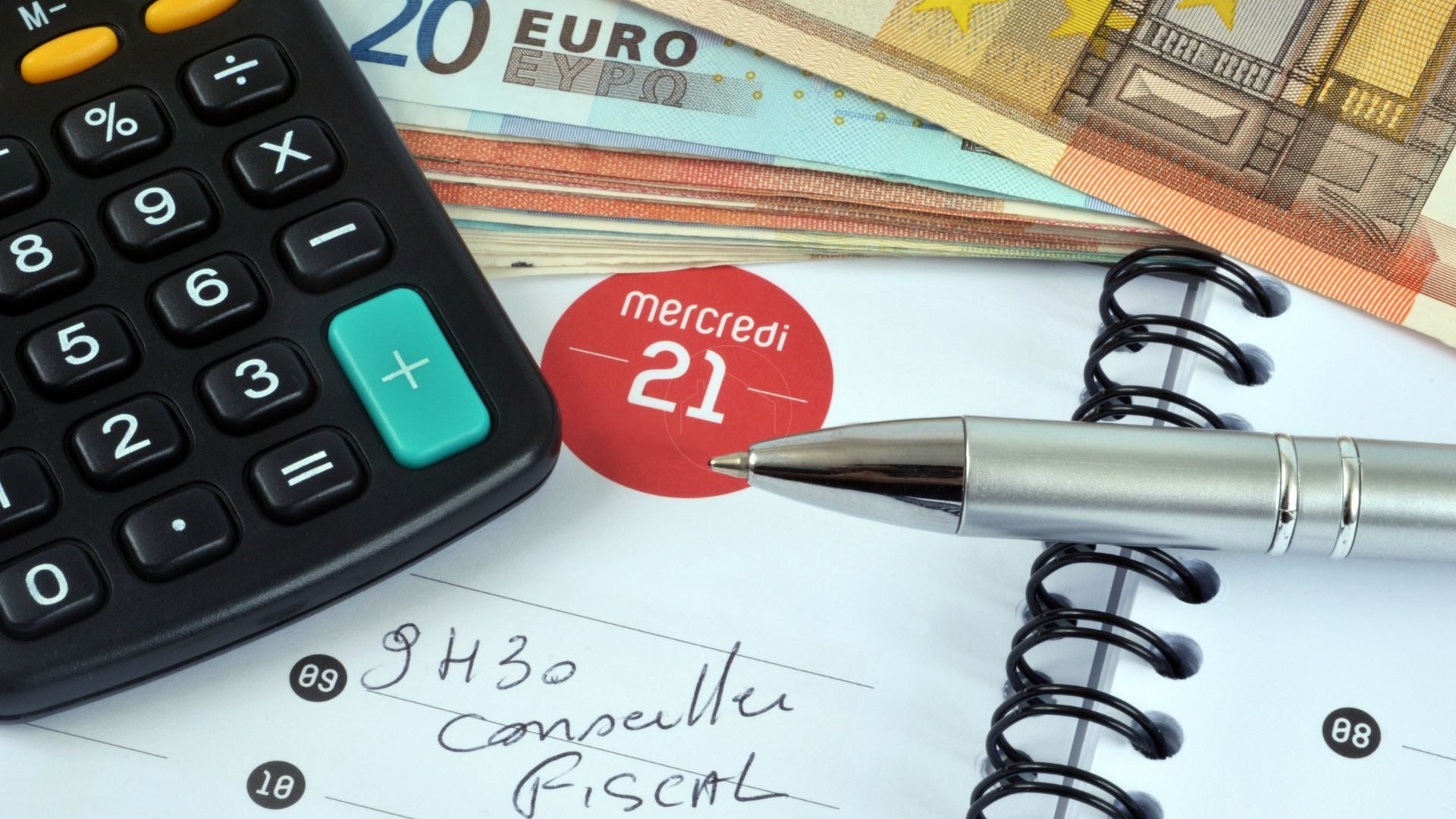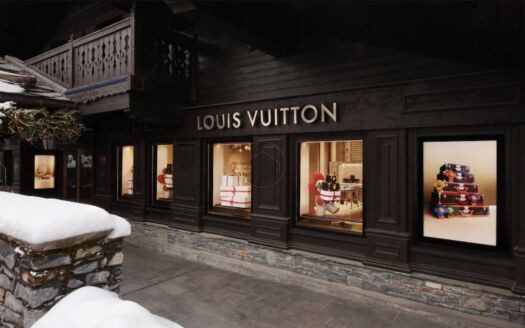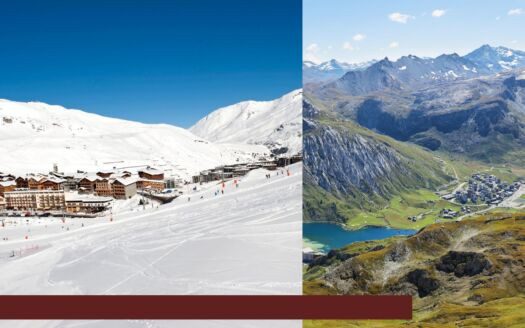Using a French SARL Company to Buy a Property in France
Choosing a Company for a French Property Purchase instead of buying in your name Choosing a company to carry out a French property investment is often the first step in considering a real estate project. Companies allow multiple investors to pool their financial resources to acquire one or more real estate properties, thus avoiding the constraints of the joint ownership regime. Real estate companies can also be established for heritage purposes, to partner among members of the same family (family SARL or family SCI) or to facilitate the transfer of shares.
What About the French SARL? Is it a suitable company for investing in real estate? If so, for which real estate projects is it interesting to create a French SARL?
What is a French SARL? A French SARL is a commercial company whose purpose is the acquisition, management, and exploitation of one or more real estate properties. In other words, a French SARL is somewhat similar to an SCI, except that it is a commercial company. This distinction carries numerous fiscal and legal consequences.
How Does a French SARL Work? A French SARL operates like a classic real estate company: the SARL owns the property while the investors hold shares in the French SARL. This is referred to as indirect ownership.
However, an SARL is a limited liability company, which has several implications on the responsibility of the partners, especially on the SARL’s ability to use bank leverage (real estate loan).
As a commercial company, a French SARL is subject to additional accounting and declarative obligations, which can impact the effective profitability of the real estate operation.
Indirect Ownership of Real Estate by the French SARL The French SARL mainly addresses several real estate investors wishing to pool cash contributions to carry out a real estate operation.
The cash contributions of the partners constitute the share capital of the French SARL: if 4 partners each contribute 100,000 euros, the share capital of the French SARL will be 400,000 euros.
In return, the partners receive social shares of the French SARL, granting them several notable rights:
- The possibility of receiving dividends (distribution of the profits of the French SARL)
- The right to vote on important decisions such as the appointment or removal of managers, changes to the company’s statutes, dividend distribution, capital increase or decrease, etc.
Thus, the partners have rights over the company, but no direct rights over the real estate properties held by the French SARL. It is mainly the managers of the French SARL who will manage the real estate properties, choose the tenants, and decide whether it is wise to buy or sell certain real estate properties. The control by the partners is thus indirect and is exercised through their right to revoke the management team if it does not meet their objectives.
Is It Possible to Take Out a French mortgage with a French SARL? A French SARL is a limited liability company, meaning that the partners cannot lose more than their initial investment. To put it in context, an SCI does not offer such a feature: the partners of an SCI are indefinitely responsible for the debts incurred by the company. In other words, they can lose more than their initial investment if the company cannot repay its real estate loan, for example.
In the case of a French SARL, limited liability acts as a barrier between the partners’ personal assets and the company’s assets.
Certainly, limited liability can be reassuring for investors, but the absence of liability can make banks wary of granting real estate credit, especially if the share capital and the real estate assets held are not sufficient to cover the company’s debts in the event of judicial liquidation.
In the best case, the French SARL manages to subscribe to a mortgage or an IPPD (registration in the privilege of the lender of money) on one or more real estate properties, allowing the partners to maintain their protection.
In other cases, the bank may request personal guarantees from each of the partners. The personal guarantee thus cancels the effects of limited liability.
In such a situation, it is then appropriate to ask whether the French SARL is the right company to invest in a French property. Due to lower operating costs, the SCI may be more suitable.
Operating Cost of a French SARL The French SARL is not exempt from the fiscal and administrative rules specific to commercial companies. While in an SCI, it is only mandatory to keep basic accounting, the law requires SARLs to maintain much more detailed accounting (accrual accounting), necessitating the intervention of an accountant.
Each year, the French SARL must register its accounts with the commercial court’s registry and establish the tax package for the liquidation of the French corporation tax (IS).
As a structure dedicated to professionals, the French SARL has a comparatively high operating cost compared to civil companies (about 3,000 euros per year). Therefore, the French SARL is viable for real estate investments exceeding 1,000,000 euros so that its operating cost is not too significant compared to the income generated.
Taxation of the French SARL Unlike the SCI, the French SARL is mandatorily subject to corporate tax. Except when considering financing through a current account of associates in the context of a rental investment, real estate companies subject to corporate tax imply a double level of taxation.
To this may be added the payment of social contributions on the distribution of dividends if the managing partners are majority shareholders.
The Double Taxation Regime of the French SARL The problem of the double taxation regime is as follows:
- The rents and capital gains are collected by the French SARL. After determining the tax result, the SARL pays corporate tax (15% below 38,120 euros, 26.5% beyond).
- The SARL distributes dividends to the partners, who, in the best case, are subject to a flat tax rate of 30%.
In other words, the income generated by the real estate properties is taxed twice: once as corporate tax and another as income tax. Roughly, the overall rate is about 40%, which is significant.
Note: Subject to complying with the rules of Article L221-31 and following of the Monetary and Financial Code, the shares of a French SARL can be placed in a PEA or a PEA PME in order to benefit from an exemption from dividends and disposal products for income tax after 5 years.
However, the double level of taxation can be advantageous in several situations:
- If the partners are taxable in the higher brackets of income tax. Indeed, in the case of direct ownership, rental incomes become property incomes (or BIC for furnished rental), entering directly into the marginal tax brackets after the deduction of expenses. Having the rental incomes pass through a company subject to corporate tax changes their fiscal nature and benefits from the flat tax. The same applies to capital gains (although the regime for real estate capital gains of individuals is, in the majority of cases, more advantageous fiscally due to the flat rates of 19% + 17.2% and the deduction for duration of ownership).
- The profit can be reinvested in other real estate operations to enhance the French SARL. This is ideal for building a heritage and transferring the company via a contribution sale, for example, or a property dismemberment.
In other situations, it is therefore preferable to opt for a fiscally transparent company such as the SCI at IR or, if possible, for a family SARL.
Management of the French SARL If real estate investment is not your main activity, the social regime of majority managers can pose some difficulties and severely hinder your net profitability.
Indeed, in an SARL, managers can have two different social statuses:
- Assimilated employees with affiliation to the general social security system if the managers do not hold more than 50% of the share capital of the French SARL
- TNS (Non-Salaried Workers) under the social regime of independents if the managers hold more than 50% of the share capital.
This second case makes social contributions of independents due on the part of the dividends paid to the managers. With about 40% additional contributions plus the flat tax of 12.8%, the transfer of profits of the managing partners of the French SARL to their personal assets is far from being a fiscally ideal situation.
Thus, in the case of majority management, except for wanting to make real estate a main professional activity, it appears more opportune to orient oneself towards a real estate SAS that does not make a distinction between majority and minority management.
For Which Activities is it Interesting to Opt for the French SARL? For the vast majority of patrimonial rental investment activities, the French SARL is not suitable due to its operating cost and the problems related to majority management. The SCI is much more suitable for both furnished rental (it will be an SCI at IS) and bare rental due to its simplicity of management.
However, if you want to create a company specialising in real estate, the SARL starts to have a notable interest. Depending on the social regime of the manager, you can choose between a French SARL or a Real Estate SAS.
Similarly, for the commercial activity of real estate buy-sell (property dealers), the structure of a French SARL can be particularly interesting.





